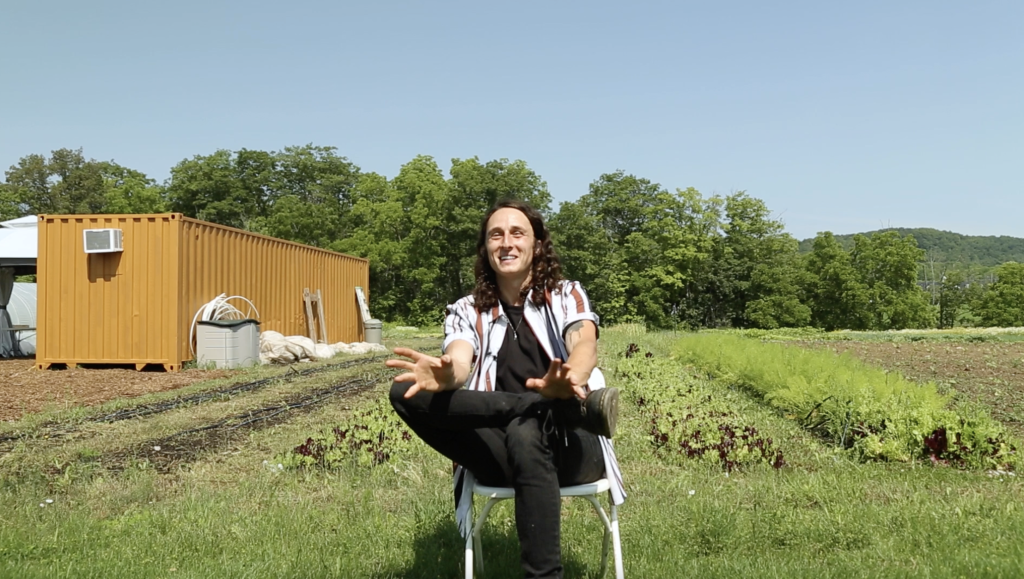New study reveals how polyamorous households impact young children in Canada
Published September 11, 2024 at 11:01 am

A new study has revealed how multiple-partner relationships impact young children throughout certain parts of Canada.
Released on behalf of the Institut national de la recherche scientifique (INRS) in Quebec, this news study dove into how children in multiple-partner (polyamorous) households develop throughout their early life.
Using a pool of 18 separate households, researchers analyzed varying degrees of emotional closeness young children had towards their parent’s multiple romantic partners.
Throughout the research process, most children indicated that they generally have a good relationship with their parent’s partners, going as far as having bonds with them separate from their initial parental pairing.
“Our research has highlighted the quality of the emotional bond between these children and their parents’ romantic partners, as well as the benefits of having these adults in their family universe,” explains Milaine Alarie, an associate professor at INRS specializing in gender issues, family dynamics, and sexual diversity in an official statement.
Data collected throughout the study indicated that — for children ages five to 11 — they view their parent’s polyamorous partners as:
- People they can have fun with.
- Individuals who contribute materially to their well-being.
- People who take care of them and can be counted on in times of need.
- Important individuals who expand social circles by introducing them to their own children
Similar research surrounding young individuals in their teens indicated that these bonds were substantially less impactful than those of young children. However, data showed that this did not directly translate into negative feelings toward the additional partners of parents.
Supporting material operating parallel to the study also estimated that around 1 in 5 people have been involved in a polyamorous or open relationship in Canada.
Despite this study using Quebec as a research platform, the province does not grant legal parental status to multiple partners operating within a household — however, Ontario does.
In an official statement, Alarie hopes that her research will help illuminate Canadians on how polyamory works within the internal framework of families, as she stated “In light of these results, we wish to reiterate that a better understanding of the reality of families with polyamorous parents is essential for the adjustment of public policies, programs, and laws so that they represent and protect all Quebec families.”
INsauga's Editorial Standards and Policies


